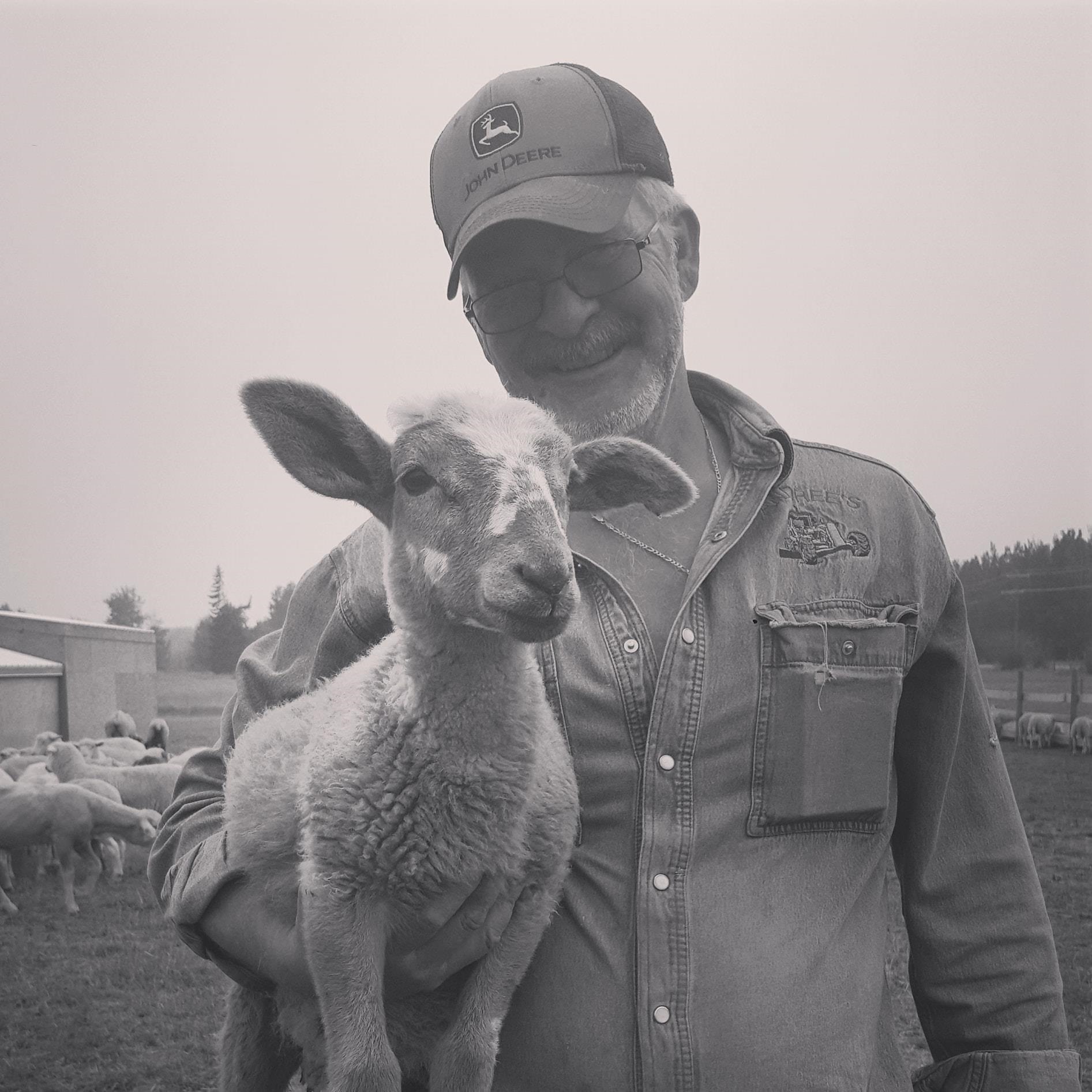Phil Andree founded the Western Canada Lamb Cooperative
By Diego Flammini
Staff Writer
Farms.com
A new farmer co-op is helping lamb producers in western Canada access processing facilities in Ontario and Quebec.
The Western Canada Lamb Cooperative is a group of sheep and lamb producers from B.C., Alberta, Saskatchewan and Manitoba that facilitates livestock transportation directly to processing plants.
Phil Andree, a lamb producer from Parkland County, Alta., founded the co-op as a way to streamline operations.
“We’re trying to skip the middleman,” he told Farms.com.
The co-op charges a $100 membership fee.
The idea to start the co-op came after Préval AG, a Quebec-based agri-food company, purchased the North American Lamb Company (NALCO) plant in Innisfail, Alta.
The new owners put out contracts that big producers quickly filled, leaving other producers without business opportunities.
“They didn’t need our lamb,” Andree said. “It didn’t go over so well with the general population of producers, so I decided to look at options to deal directly with the plants. And when I contacted them, they were very excited and want to have good relationships with producers who give them quality lamb.”

Phil Andree (Facebook photo).
That location processes about 800 lambs per week, Andree said.
The co-op is about ensuring farmers have options.
“We’d all love it if we could ship right to Innisfail and get good dollars, but the problem is we can’t get in there,” he said.
Andree receives communication from the processing plants on a weekly basis.
Once he knows how many lambs a plant needs, he communicates that information to producers.
When farmers have enough lamb to fulfill the plant’s order, Andree facilitates the pickup and transportation process.
“I put the order out on Facebook pages or to Hutterite colonies or through a Whatsapp chat, and people start trickling in saying they’ve got however many lambs ready to go. Then, I start placing where we can fill a livestock hauler, which can hold around 500 lambs.”
The truck will pick up lambs at different locations or all of them at one central farm, depending on biosecurity issues and other factors. And producers share the shipping costs.
“It really is a team effort,” he said. “All of the farmers are working together to help one another. We don’t care if you’ve got 10 or 5,000 sheep, we treat everyone the same.”
Dealing directly with the processing plants allows producers to earn more income from their livestock.
Shipping animals east also provides opportunities to take advantage of better prices and price stability, Andree said.
“Inputs are high, and we can’t afford to have people skimming off the top,” he said. “The price in Toronto could be $1 or 50 cents more (per pound) depending on the animal. If you’re selling to an auction house or a big buyer, it’s like a roulette wheel where you don’t know what price you might get. Our goal is to keep all the money in producers’ pockets.”